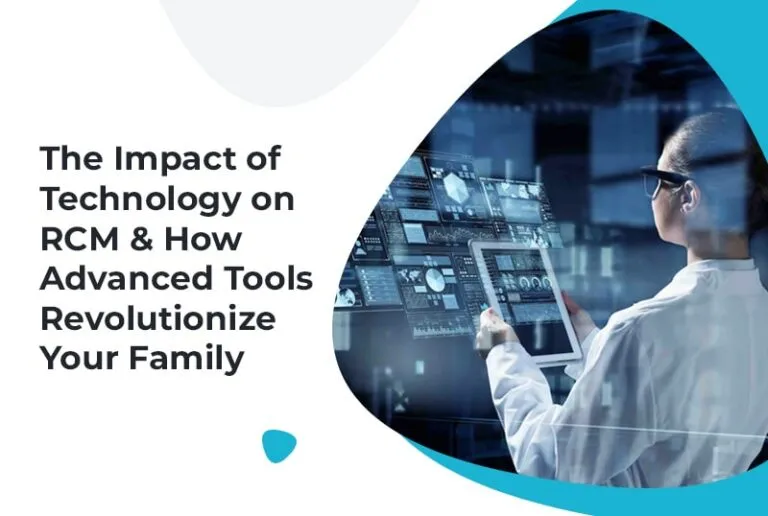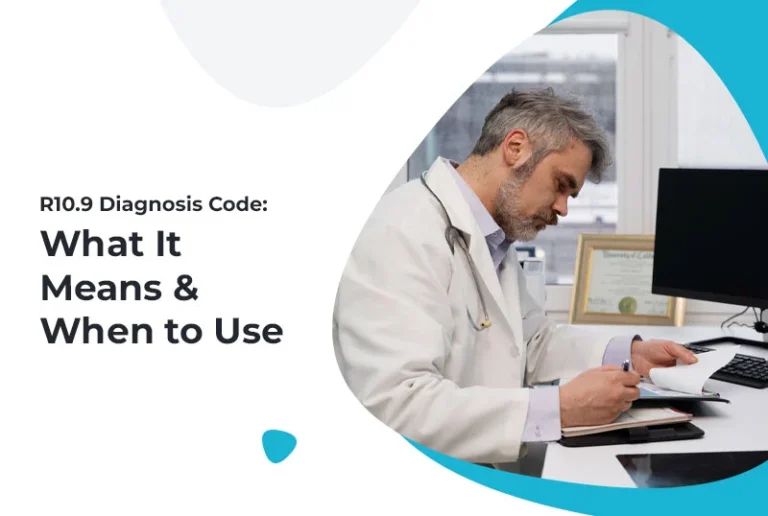Credentialing is a significant process for any medical specialist, as it determines that the doctors are qualified to provide quality care. In the context of small and solo practices, this is a complicated process that requires a certain amount of time to complete. However, hiring a medical credentialing services specialist can definitely fix all the complex errors.
This blog post explores the challenges and solutions faced by small and solo medical practices in credentialing and much more to make the process more manageable and good for your practice.
About Medical Credentialing
Medical credentialing services includes the process of verifying the qualification of a healthcare expert for the safety of patient quality care according to the standards. It involves checking licenses, certifications, education, and experience. This credentialing process allows medical facilities and insurance companies to confirm a provider’s legal practice and appropriate treatment. However, all the providers need it to join insurance networks and get paid for their credentialing services.
How Does the Medical Credentialing Work?
Here are the medical credentialing steps that make the process easy to follow for everyone:
Submit an Application:
The medical experts submit an application with all the required information about their qualifications, background, and related details.
Verify all The Sources:
Credentialing specialists verify the details directly from sources such as medical schools, licensing boards, and previous employers.
Get Review and Approval:
The verified data is reviewed by a credentialing committee, which decides whether the main agent stays connected with the required high standards.
Re-Credentialing:
This process is repeated periodically to ensure ongoing compliance with standards.
Challenges Faced by Small & Solo Practices in Medical Credentialing
Small and solo practices often face challenges in the medical credentialing process, which includes:
Limited Resources:
Unlike larger healthcare organizations, small practices may not have experienced staff to handle medical credentialing services, which causes delays and mistakes.
Complex Requirements:
Each insurance company and healthcare network has its own credentialing criteria, which makes the process slow and time-consuming.
Administrative Burden:
A large amount of paperwork and follow-up can overwhelm small practice administrators, which takes time away from patient care.
Financial Strain:
The cost of credentialing services and the possible loss of income during the credentialing period is important for small practices.
Solutions to Overcome Challenges in Medical Credentialing
Here are the solutions to overcome the challenges faced during small and solo practice medical credentialing.
Hire a Medical Credentialing Specialist:
A professional credentialing specialist handles the paperwork and ensures everything is accurate and submitted on time.
Utilize Professional Credential Services:
Outsourcing credentialing to professional services provides expertise that reduces the errors and delays to make the process flow.
Implement Credentialing Software:
Automated credentialing software organizes documents, tracks deadlines, and facilitates communication with credentialing bodies.
Stay Organized and Proactive:
Keeping records and managing credentialing timelines prevent issues and ensure continuous compliance.
Collaborate with Credentialing Networks:
Joining physician credentialing networks or associations that offer credentialing support provides additional resources and advocacy.
Conclusion
Medical credentialing is described as a critical process, especially for small and solo practices. It is essential to know how credentialing works, identify the problems that may occur and use certain approaches to remove these barriers for small practices. Outsourcing to medical specialists, using professional credential services, and going high-tech minimize the duration of credentialing so that medical experts bend their efforts to quality patient care. Therefore, when you implement such strategies, it would allow small and solo practices to address credentialing effectively and expand their services to the communities they serve.







